Do I Need to Register for Self-Assessment?
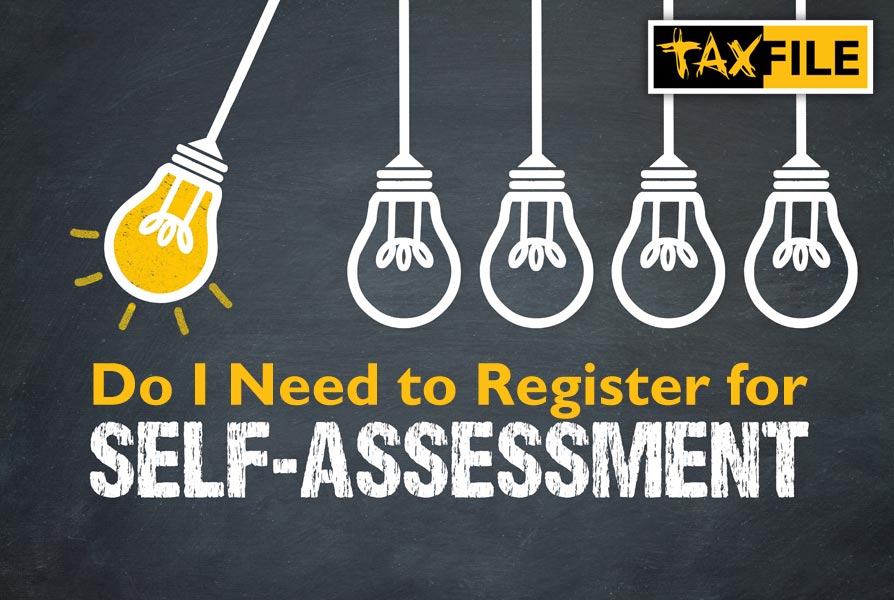
by Mohamed at Taxfile.
In today’s guide, we look at the rules around whether or not you need to register for Self-Assessment and submit a tax return to HMRC each year. Let’s take a look.
Reasons to Register for Self-Assessment
You generally need to register for a Self-Assessment tax return if your income isn’t taxed at the source, meaning the tax isn’t automatically deducted from your wages/salary. Here are some common scenarios where you would need to register for self-assessment:
- You are self-employed — sole traders, freelancers, and consultants typically fall under this category.
- You receive rental income — if you earn income from renting out a property, you need to register.
- You have a high income — employees earning over £100,000 per year need to register as their tax calculations may become more complex. (From 2023-24 you are only required to register if your income is above £150,000).
- You have other income sources — this includes income from abroad, dividends, and partnership profits.
If you are still unsure about registration, please contact HMRC or call Taxfile on 0208 761 8000.
Registering for UK Taxes is Important
Registering for UK taxes is important for a few reasons, as we’ll explain below.
Firstly, it helps you avoid penalties. If you don’t register for Self-Assessment when required, you could face penalties from HMRC. These can be significant, especially if you’ve been earning income for a while without registering.
Secondly, it helps to ensure accurate tax payments. By registering and filing a Self-Assessment tax return, you ensure you’re paying the correct amount of tax. Without it, you might underpay and owe interest, or overpay and have to wait for a refund.
Thirdly, it helps you stay legally compliant. In severe cases, failing to register and pay your taxes can lead to legal action, including prosecution.
Registering also helps you maintain good standing with the Government. Being registered with HMRC shows you’re taking your tax obligations seriously. This can also be important if you’re applying for credit, a mortgage, or a visa.
Do Directors Need to Do a Self-Assessment?
Not all directors need to do a Self-Assessment tax return, but some do. Here’s a breakdown:
Directors with only PAYE income
If your only income from the company is through PAYE (Pay as You Earn), where tax is deducted at source, you generally don’t need to do a Self-Assessment.
Directors with additional income
If you have any other taxable income besides your salary, like dividends, company benefits, or income from another job, you likely do need to do a Self-Assessment tax return in order to report it.
However, even if you aren’t required to register, HMRC might still ask you to file a Self-Assessment return.
Why is Payroll Important for a Director?
Payroll ensures compliance with tax regulations. Directors are considered employees for tax purposes, and PAYE is the system used to collect Income Tax and National Insurance Contributions (NICs) from their salary. Running payroll ensures these deductions are made and reported correctly to HMRC.
Payroll creates a clear and accurate record of your director’s salary payments. This is important for tax purposes, but also for things like calculating benefits and pension contributions that might be tied to salary.
Being on payroll allows directors to qualify for certain benefits they wouldn’t get if paid through dividends alone. These can include enrolling in a company pension scheme and accruing National Insurance credits that contribute to your state pension.
Payroll ensures transparency by helping to maintain a clear separation between personal finances and the company’s finances. This is important for legal and accounting reasons.
While there might be tax advantages to structuring some of your director’s income as dividends, payroll remains a vital part of ensuring you’re following regulations and have a clear record of your director’s overall compensation.
Learn more about how to pay yourself as a director here.
Contact Taxfile – Accountants & Tax Advisors
Tax and accountancy help for South Londoners
If you need any accountancy help for your limited company or small business, Taxfile is here to help:
Are you in the South East or South West of England? Taxfile has offices in Tulse Hill, Dulwich, and Devon & Cornwall.

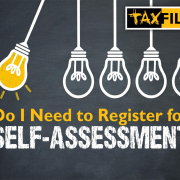
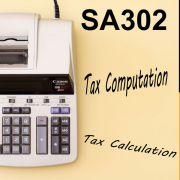
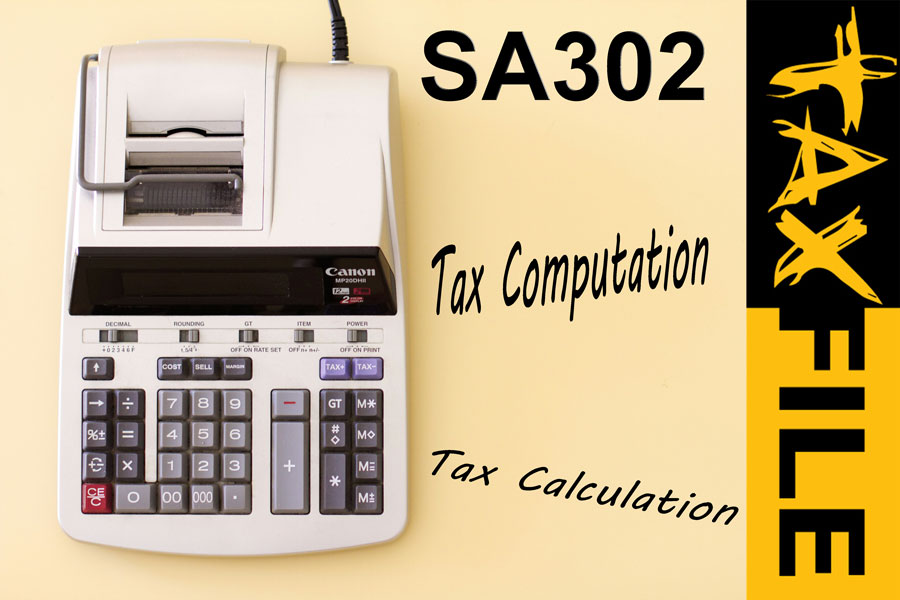
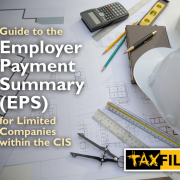
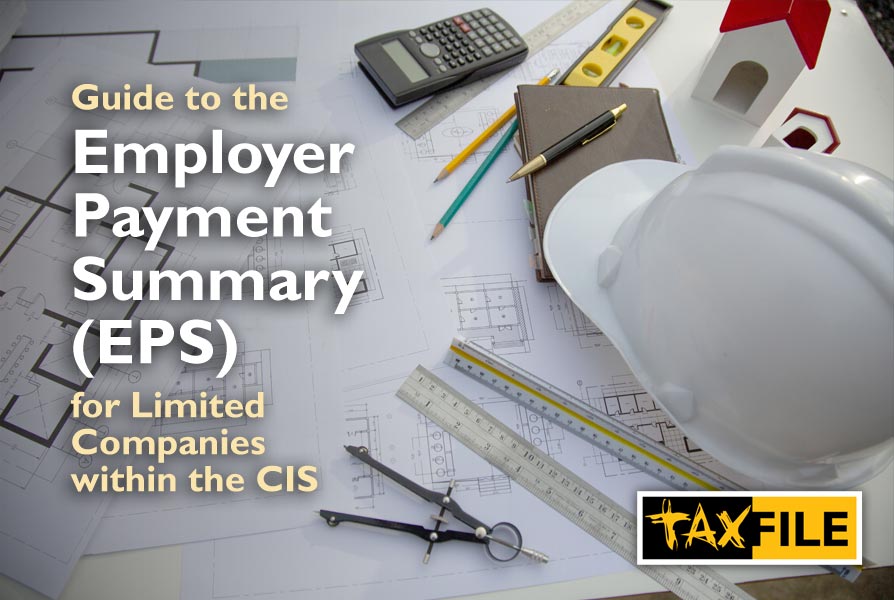




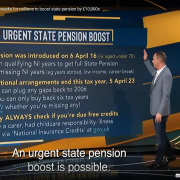
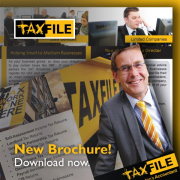
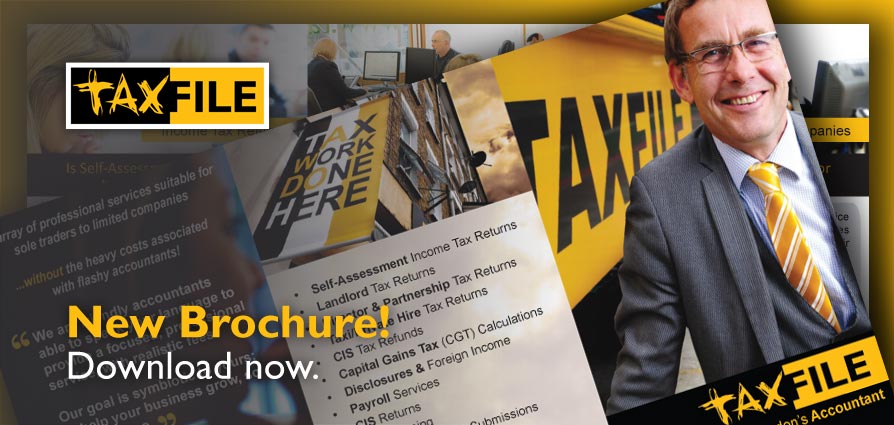

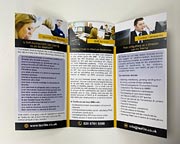
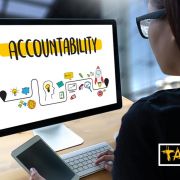
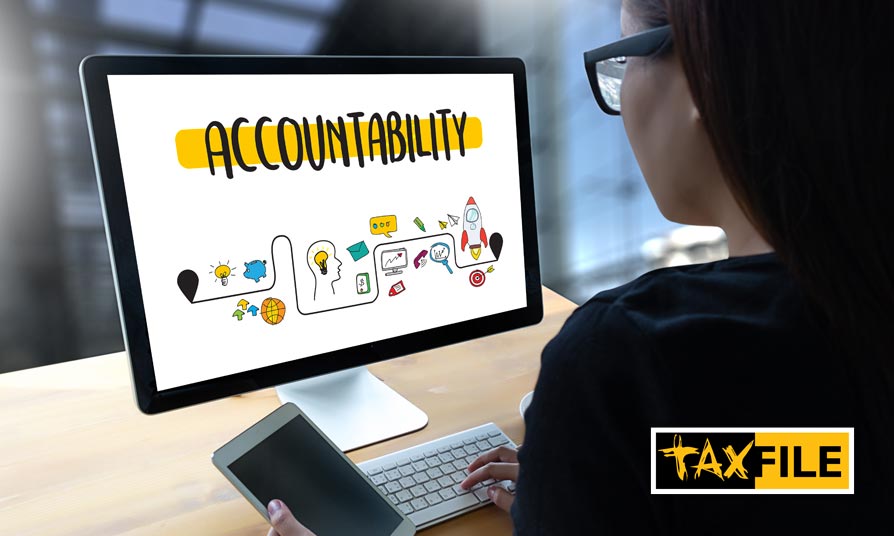
 The enquiry cover costs only …
The enquiry cover costs only …
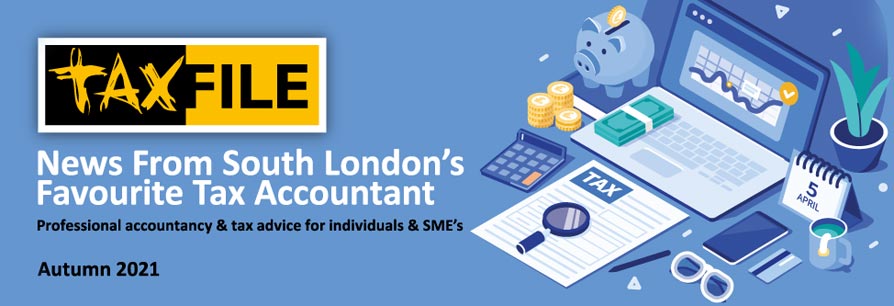
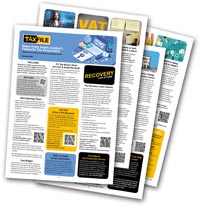 Welcome to Taxfile’s Autumn Newsletter for 2021. One of our biggest yet, it includes useful tax- and accountancy-related news that you need to be aware of, ways to save time or money – and much more. Take a look!
Welcome to Taxfile’s Autumn Newsletter for 2021. One of our biggest yet, it includes useful tax- and accountancy-related news that you need to be aware of, ways to save time or money – and much more. Take a look! You’ll find QR codes throughout the newsletter. These are a quick and easy way to access further information about the topic. Assuming you are viewing the newsletter on a desktop device or a printed* version, simply point your mobile camera phone at a QR code and then open the link that pops up. Your mobile’s browser will then take you straight to the information page. Alternatively, we supply simple link URLs to simply tap in.
You’ll find QR codes throughout the newsletter. These are a quick and easy way to access further information about the topic. Assuming you are viewing the newsletter on a desktop device or a printed* version, simply point your mobile camera phone at a QR code and then open the link that pops up. Your mobile’s browser will then take you straight to the information page. Alternatively, we supply simple link URLs to simply tap in.
